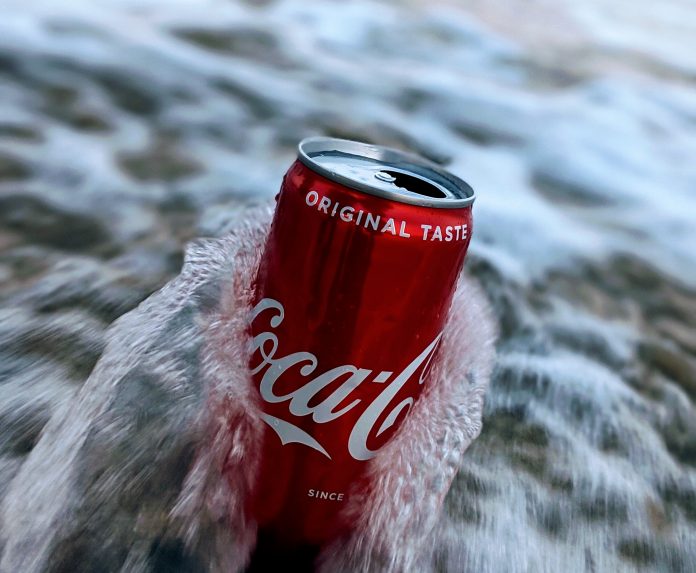Following the lead of various other global brands, Coca-Cola recently announced chartering of bulk carriers for transportation of raw materials, amid the persistence of a tight race to find spots on container ships.
The announcement was made on 1 October by Coca-Cola’s procurement director, Alan Smith, on Linkedin. “When you can’t get containers or space due to the current ocean freight crisis, then we had to think outside the box (or the container),” noted Smith.
The mega-brand has been forced to create its supply chain to keep its production units flat and running due to unprecedented disruptions in the supply chain caused by the severe shortage of container vessels.
The situation has worsened to the extent that the New York distributor of Coca-Cola had to publicly acknowledge the hardship it faces to recruit truck drivers for transportation.
According to the post, the company has planned to deliver more than 60,000 tonnes of production materials through three handysize bulk carriers, the 34,399 dwt Aphrodite M by Empire Bulkers, the 35,130 dwt Zhe Hai 505 by Zhejiang Shipping and AM Nomikos-owned 35,009 dwt Weco Lucilia C.
Unlike other brands, who have opted to transport their materials in containers onboard bulk carriers which traditionally transport the goods like coal and grain in open, Coca-Cola has decided to pack the 2,800 TEU equivalent worth of material in large sacks loaded in the cargo hold of the vessels, seen in images shared with the post.
The post also emphasised the policy to divert these bulk carriers towards non-congested ports to release the bigger and congested ports of extra burden.
The container shortage and exorbitant freight rates have forced various global brands like Coca-Cola to find solutions to the crisis like Walmart who have modified three Saga Welco bulk carriers to carry containers, or big retailers like Target and IKEA who claim to have chartered boxships.
Nonetheless, it is a revival of logistical supply practices left behind in the 1960s.
Ankur Kundu
Correspondent







